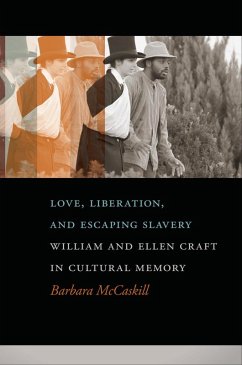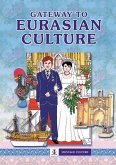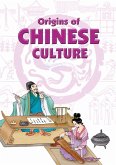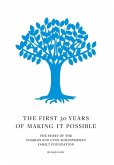The spectacular 1848 escape of William and Ellen Craft (1824-1900; 1826-1891) from slavery in Macon, Georgia, is a dramatic story in the annals of American history. Ellen, who could pass for white, disguised herself as a gentleman slaveholder; William accompanied her as his "master's" devoted slave valet; both traveled openly by train, steamship, and carriage to arrive in free Philadelphia on Christmas Day. In Love, Liberation, and Escaping Slavery, Barbara McCaskill revisits this dual escape and examines the collaborations and partnerships that characterized the Crafts' activism for the next thirty years: in Boston, where they were on the run again after the passage of the 1850 Fugitive Slave Law; in England; and in Reconstruction-era Georgia. McCaskill also provides a close reading of the Crafts' only book, their memoir, Running a Thousand Miles for Freedom, published in 1860.
Yet as this study of key moments in the Crafts' public lives argues, the early print archive-newspapers, periodicals, pamphlets, legal documents-fills gaps in their story by providing insight into how they navigated the challenges of freedom as reformers and educators, and it discloses the transatlantic British and American audiences' changing reactions to them. By discussing such events as the 1878 court case that placed William's character and reputation on trial, this book also invites readers to reconsider the Crafts' triumphal story as one that is messy, unresolved, and bittersweet. An important episode in African American literature, history, and culture, this will be essential reading for teachers and students of the slave narrative genre and the transatlantic antislavery movement and for researchers investigating early American print culture.
Yet as this study of key moments in the Crafts' public lives argues, the early print archive-newspapers, periodicals, pamphlets, legal documents-fills gaps in their story by providing insight into how they navigated the challenges of freedom as reformers and educators, and it discloses the transatlantic British and American audiences' changing reactions to them. By discussing such events as the 1878 court case that placed William's character and reputation on trial, this book also invites readers to reconsider the Crafts' triumphal story as one that is messy, unresolved, and bittersweet. An important episode in African American literature, history, and culture, this will be essential reading for teachers and students of the slave narrative genre and the transatlantic antislavery movement and for researchers investigating early American print culture.
Dieser Download kann aus rechtlichen Gründen nur mit Rechnungsadresse in A, D ausgeliefert werden.









